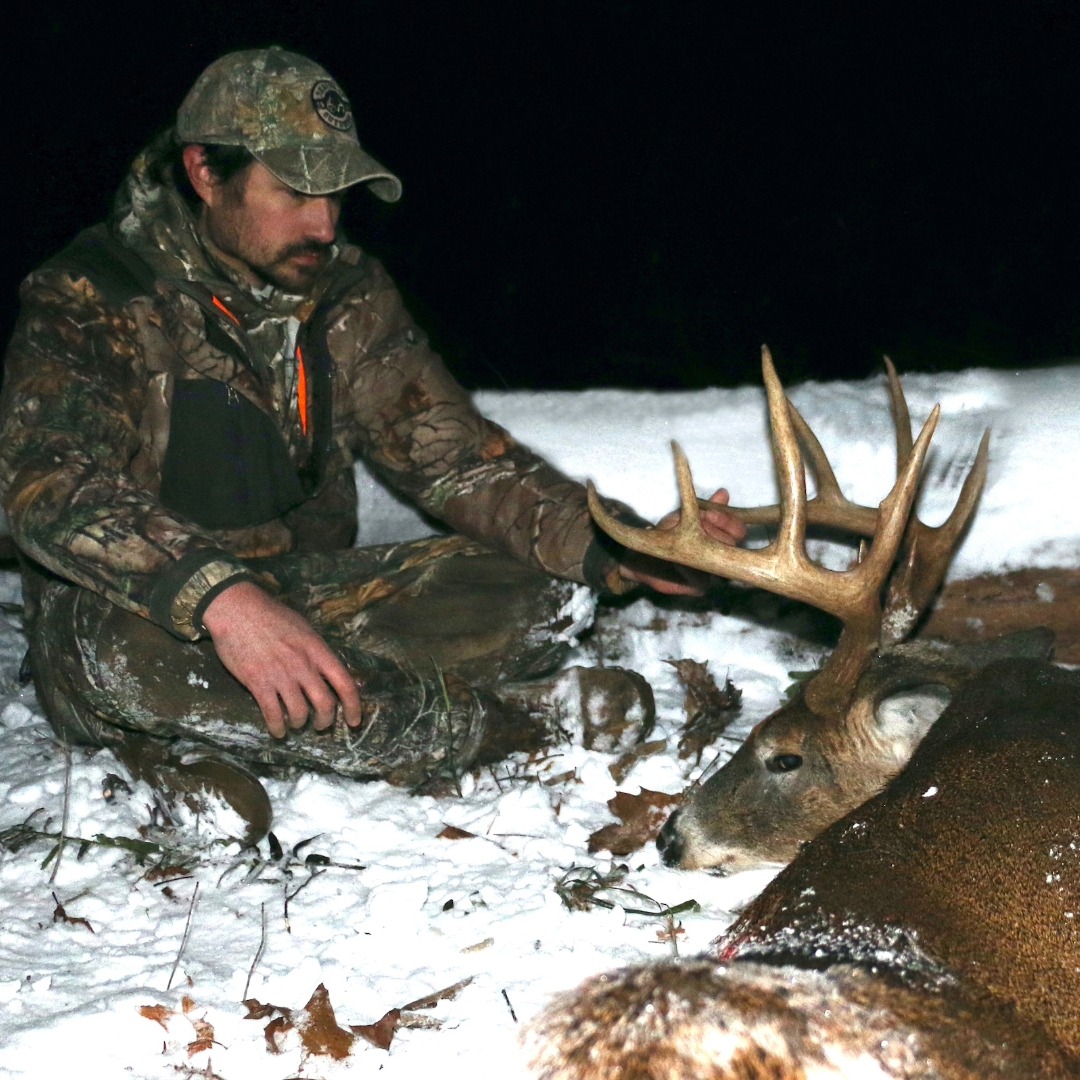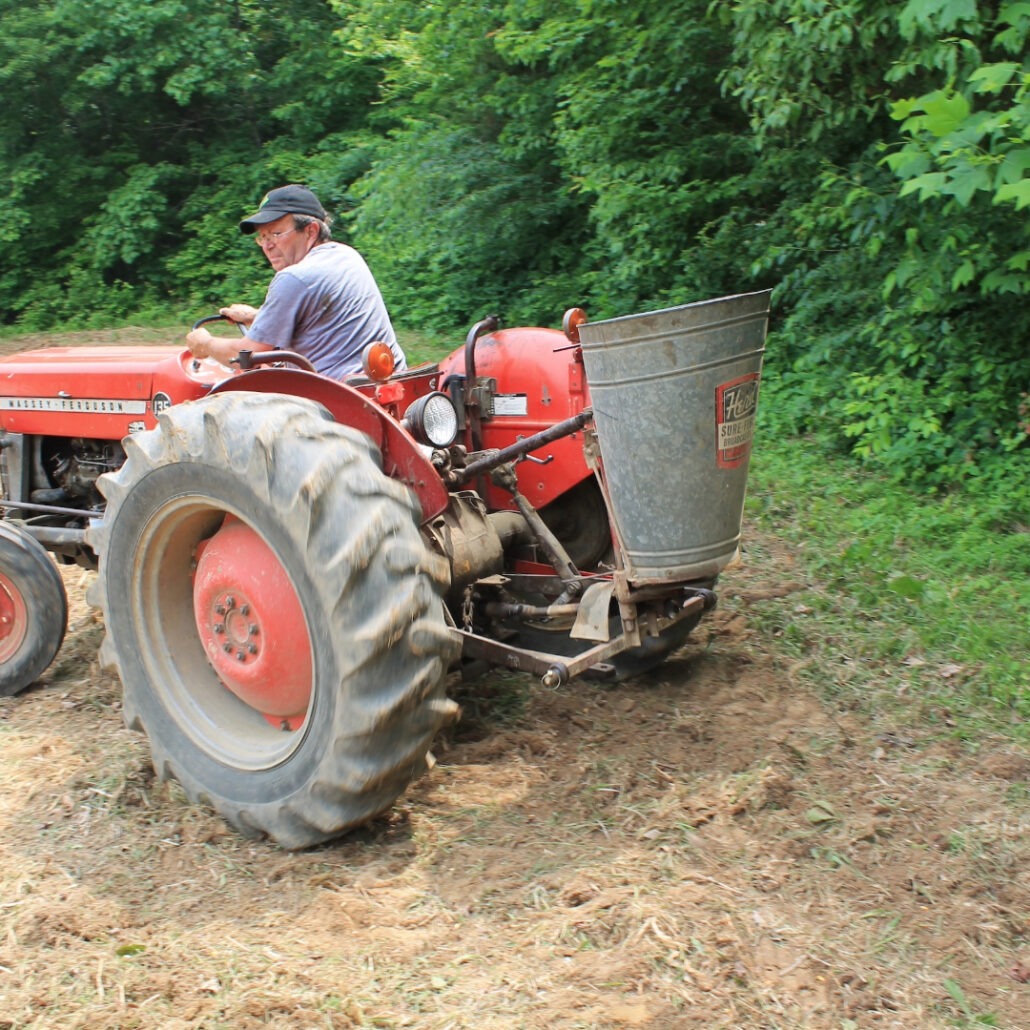How hunters conserve wildlife more than anyone else.
Hunters are the leading conservationists. How so? Hunters help with wildlife management, maintaining healthy deer herds, ensuring healthy wildlife ecosystems, and much more. They even boost the economy. The list is long.
Reasons for hunting abound. According to Rocky Mountain Elk Foundation (https://www.rmef.org/hunting-is-conservation/), 200 motorists are killed by deer each year. Additionally, deer collisions cost $7.5 billion each year. The hunting industry also supports nearly 1 million jobs. That’s a lot of income and wage dollars. Again, the list of reasons for hunting abound.
Without further ado, here are the biggest reasons hunters are the leading conservationists.
- Bringing Species Back from Near Extinction
By the early 1900s, very few North American big game animals remained. Few whitetails, wild turkeys, pronghorn, ducks, and more, were still on the landscape. Concerned hunters convened and intervened. Today, many U.S. species and populations are thriving.
- Paying for Restocking Efforts
It was hunter-funded dollars that aided in the elk, whitetail, wild turkey, and other restocking efforts of the 1900s. Today’s extensive wildlife numbers wouldn’t be possible without it.
- Conducting Habitat Work
Hunters fund habitat work on multiple levels. Hunter-sourced dollars are used to fund certain federal and state lands. Furthermore, hunters support the majority of state wildlife agency budgets, which includes habitat improvement efforts.

- Purchasing Hunting Licenses
The money derived from hunting licenses, tags, and stamps support most of each state wildlife agency budget. Without these dollars, agencies wouldn’t accomplish a small fraction of what they do.
- Contributing Excise Tax Dollars
Separate from hunting license and tags, excise taxes are collected from the purchase of certain things, including firearms, ammunition, and certain hunting gear. These funds go directly to state wildlife agencies and conservation efforts. This has brought billions of dollars into the conservation realm. The best part? Hunters came up with the idea.
- Reducing the Prevalence of Poaching
More law-abiding hunters equals fewer law-breaking poachers. A significant percentage of state agency funding fields game wardens (conservation officers). More officers in the field reduces poaching. Furthermore, most hunters are diligent about policing their own hunting lands, which further reduces poaching.
- Donations to Non-Profit Conservation Organizations
Most hunters belong to non-profit conservation organizations. These members pay annual dues, attend fundraisers, and make direct donations. These dollars are used to conserve wildlife species associated with the organization.
-
- Supporting Important Wildlife Research
Money collected from hunters in various ways helps fund important wildlife research. These studies help research important things, including disease, population, policy, and much more.
- Making Difficult Localized Herd Management Decisions
Whitetails and other species are managed on the state and county level by policy, which is derived by wildlife agencies and legislatures. However, within the confines of hunting regulations, hunters manage localized herds at the property level. Almost always, these decisions are made in a manner that’s best for the wildlife.
- Purchasing Land with the Purpose to Conserve Wildlife Habitat
Some hunters pride themselves in owning hunting land. Many purchase rural land with the sole or primary purpose of preserving wildlife habitat. Even more, they improve the quality of these places by adding or enhancing important habitat features.
- Managing Local Deer Herds with the Purpose of Herd Flourishment
Those who own and/or manage hunting properties make important decisions that help wildlife populations flourish. They prioritize wildlife over other things. That’s important, and plays a big role in decisions made.
- Striking a Proper Balance in Managing Burgeoning Predator and Prey Populations
The whitetail is the most abundant big game animal, but there are many different predator and prey populations throughout the nation. Hunters help manage both predator and prey populations. Without this, populations get way out of balance, which creates large pendulum swings in predator and prey densities. Thanks to hunters, these numbers remain at more consistent, balanced positions.
- Maintaining Healthy Lives and Healthy Ecosystems
Hunters are part of a healthy system that thrives. Hunting helps deliver healthy ecosystems. That’s a great thing, and it wouldn’t be possible without hunting.
Because of the numerous things outlined above, and even more not mentioned, hunters are the undeniable leaders of wildlife conservation. Without hunters, many wildlife species wouldn’t exist today.
